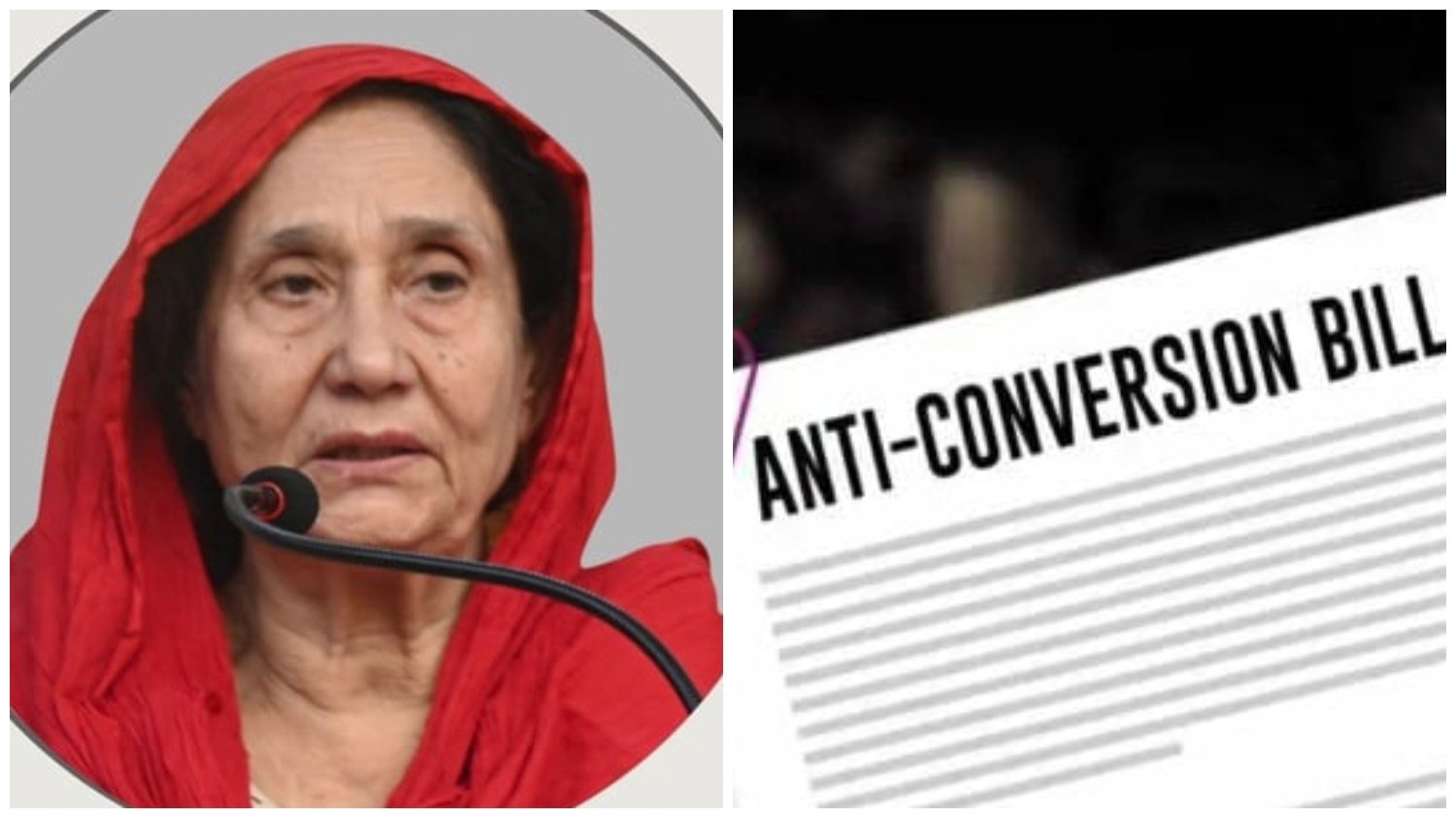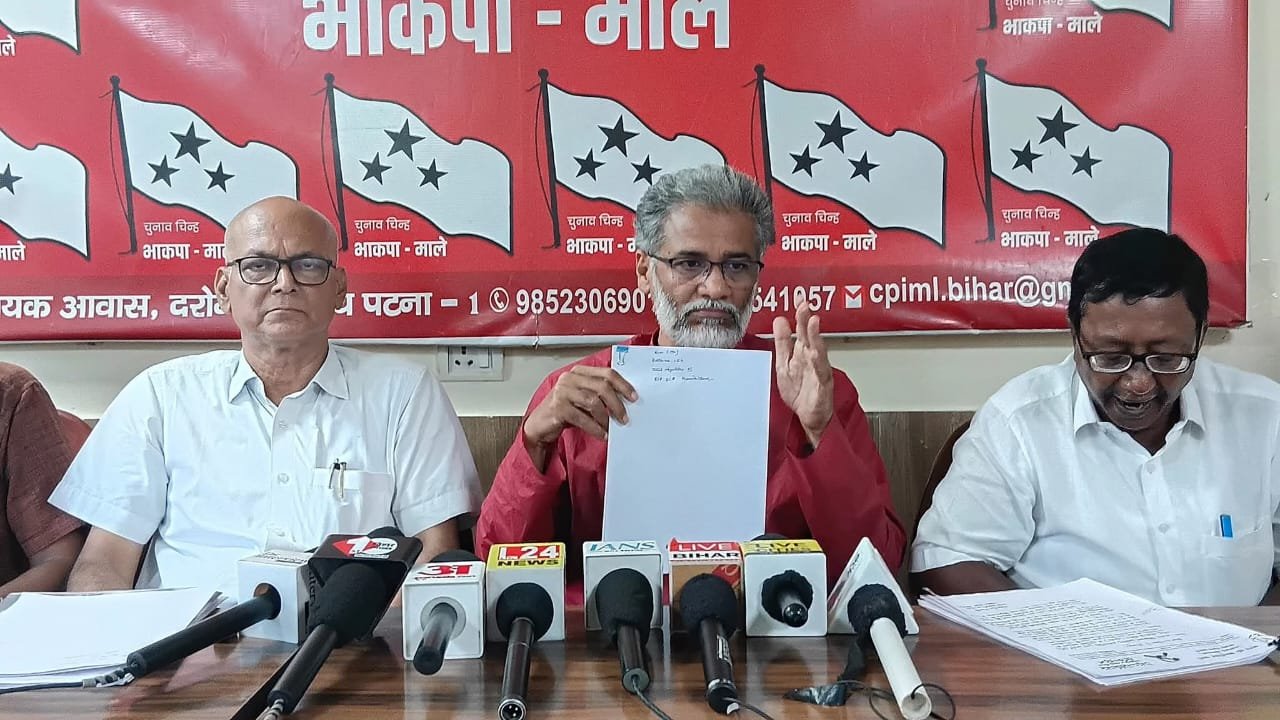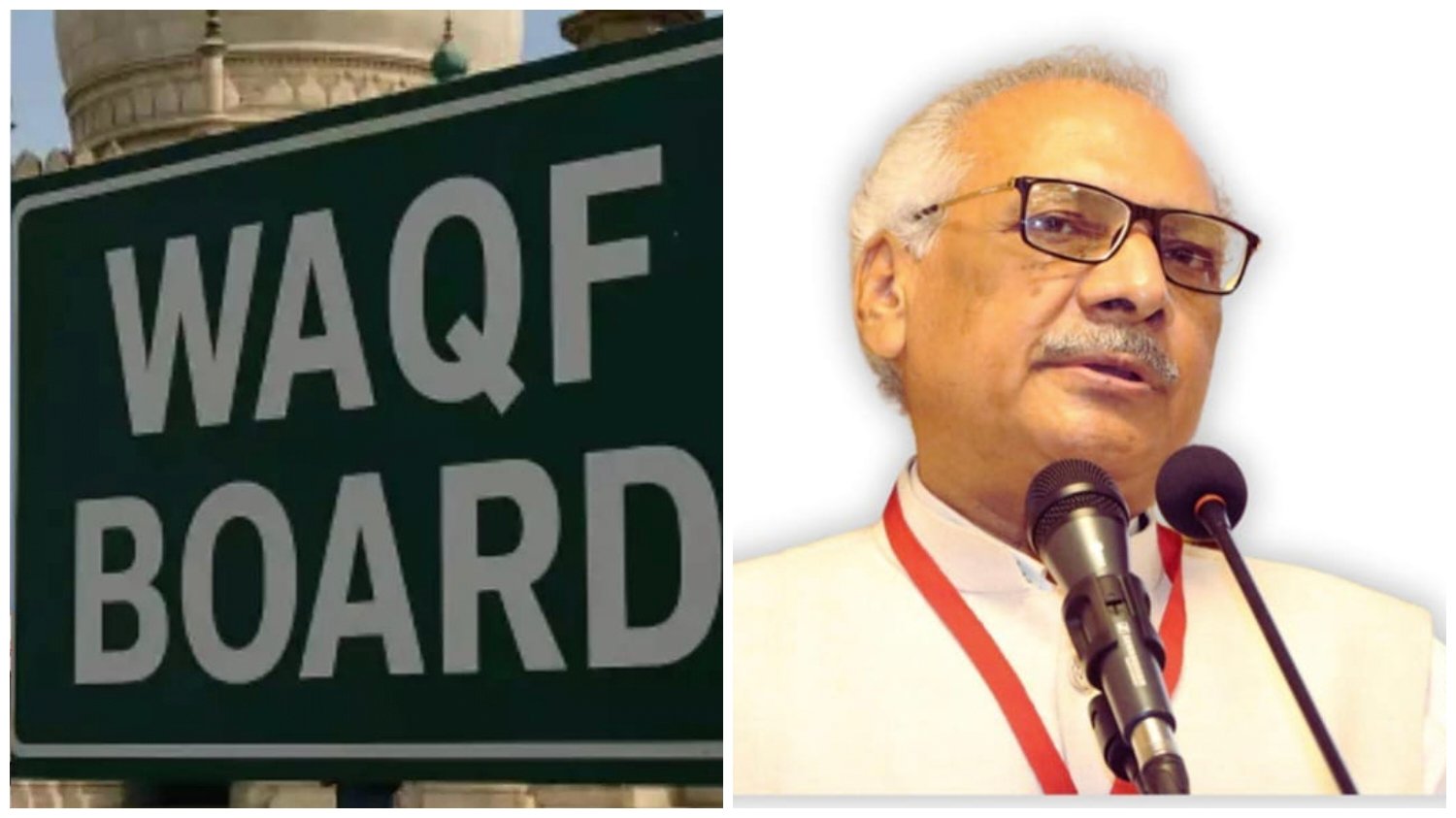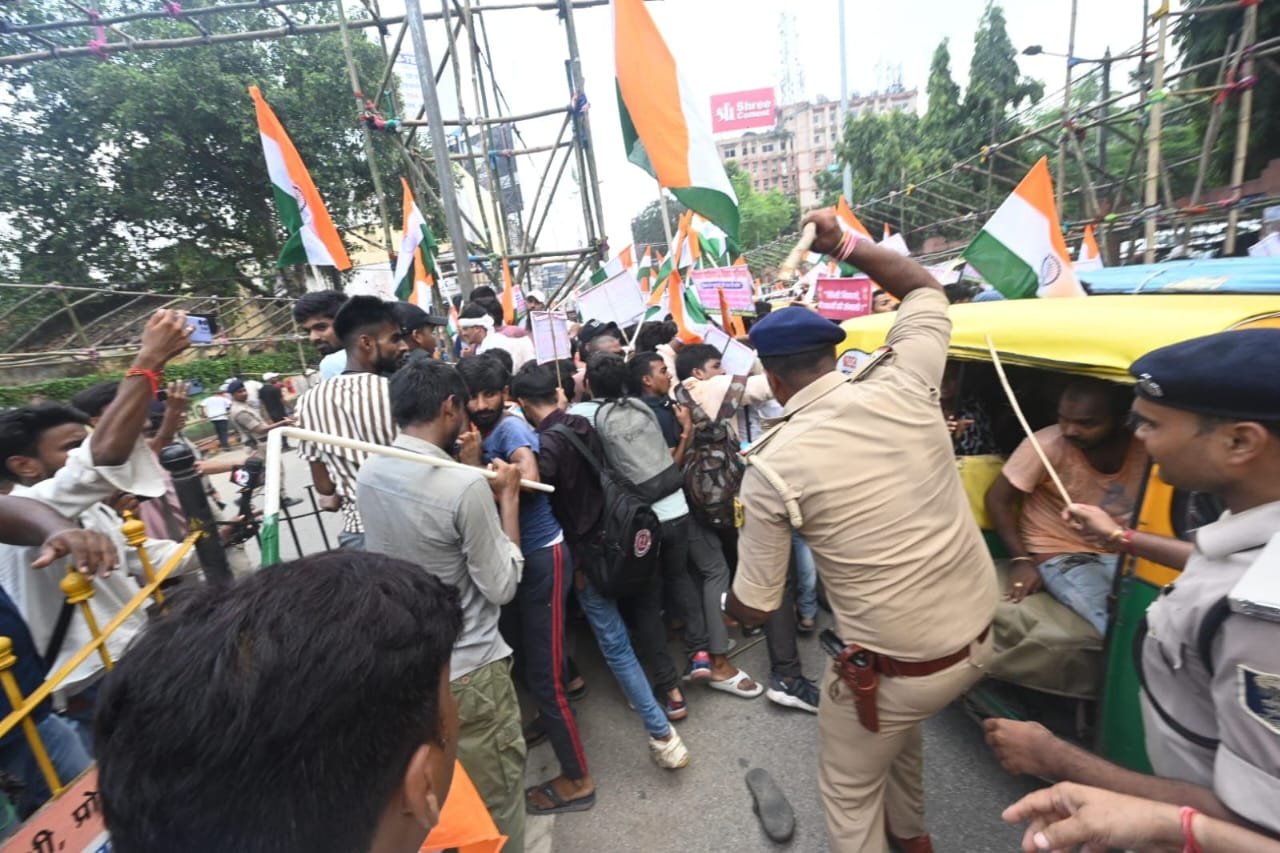Insaaf Times Desk
The Rajasthan government has passed the Rajasthan Prohibition of Unlawful Religious Conversion Bill, 2025. The government claims the law is necessary to prevent “forced conversions,” but opposition parties, civil society groups, and human rights organizations have slammed it as unconstitutional and communal.
Under the bill, anyone seeking to convert must notify the District Magistrate 90 days in advance. Violators can face imprisonment of 7 to 14 years along with hefty fines. If the victim is a woman, minor, Scheduled Caste/Tribe member, or differently-abled, the punishment could extend to 10–20 years with higher fines. In cases of mass conversions or those involving alleged “allurement or fraud,” the bill prescribes life imprisonment and fines up to ₹1 crore. Properties of institutions found involved in unlawful conversions can also be seized.
Yasmin Farooqui, National General Secretary of the Social Democratic Party of India (SDPI), strongly condemned the bill, calling it a violation of Articles 14, 19, 21, and 25 of the Constitution. She argued that the legislation curbs individual religious freedom and unfairly targets minority communities.
Opposition parties, including the Congress, have also criticized the bill. Congress leader Tikaram Jully described it as a “conspiracy to disrupt communal harmony.” Civil society groups echoed similar concerns, calling the law a tool to intimidate minorities and restrict their religious rights.
Legal experts point out that vague provisions such as “allurement” or “influence” could criminalize personal religious practices. They warn that such ambiguities are likely to invite judicial scrutiny and pose serious threats to religious freedom and personal liberty.
With its passage, Rajasthan’s anti-conversion law has triggered a storm of controversy and criticism. Civil society groups and the opposition are preparing to challenge it in court. The key question now is whether the judiciary will uphold the bill or strike it down as unconstitutional.












